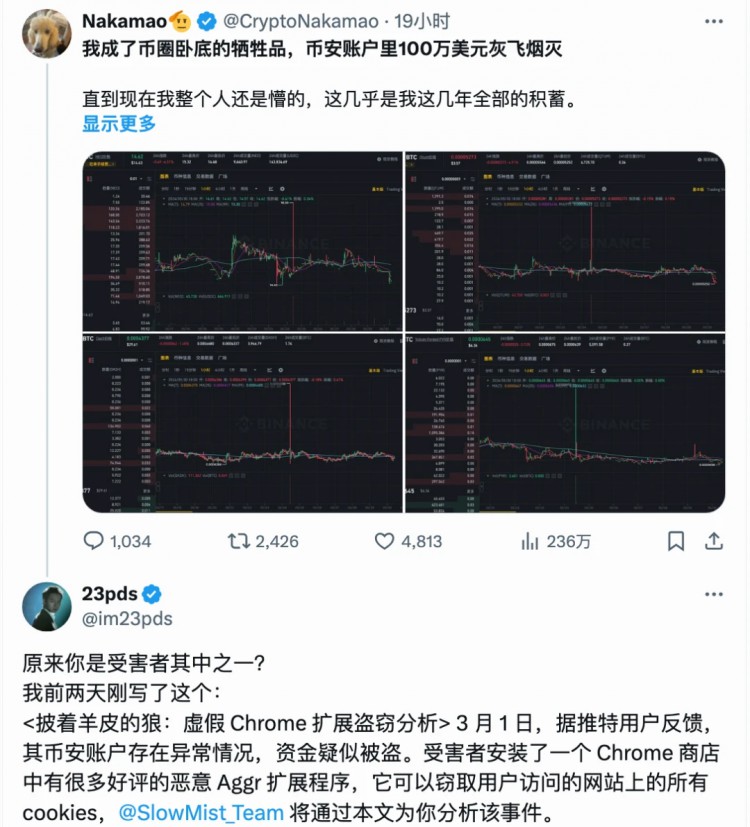A wealthy father once told his son in confidence, "When you start living independently, if circumstances allow, be sure to hire a nanny. You can spend money on other expenses, but this money must be spent, not saved. Otherwise, earning money becomes meaningless." The father went on to explain, "Why are farmers poor and bosses rich? It's because farmers have to do everything – raise pigs, children, do farm work, cook, and wash clothes – everything that has nothing to do with making money. Bosses, on the other hand, only focus on making money and delegate everything else to employees, family, or a nanny."摘要:Arichmansaidtohissonprivately:"Afteryouliveindependently,ifconditionspermit,youmusthireananny,youcanspendmoneyonotherexpenses,butthismoneymustbespent,notsaved...
The father emphasized the principle that less is more, and being focused on making money leads to wealth, while being preoccupied with chores leads to poverty. He pointed out that poor people chase money, while rich people embrace problems, highlighting the essential difference between the two.
The father also noted that one of the distinctions between ordinary individuals and great people is the value they place on their time. The worth of an hour of one's time is not the same for everyone, and personal wealth accumulation is often directly related to how much attention is paid to time.
People who grasp the concept of invisible costs possess a vital skill – they are willing to spend money to buy time. The father advised his son to not waste time trying to save money within his means, as time is the most precious wealth and the most limited resource.
He encouraged his son to consider how much his time is worth per hour, as knowing this could guide him on what to pursue and what to let go of. The father advocated for being mindful of one's time, and for leveraging money to solve problems instead of time. He believed that by following this principle, his son's time would truly become increasingly valuable, regardless of his circumstances.




